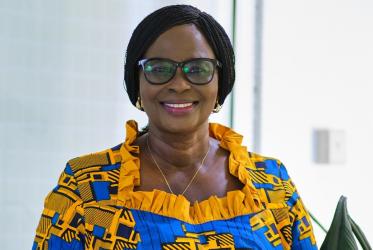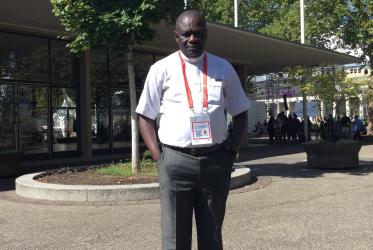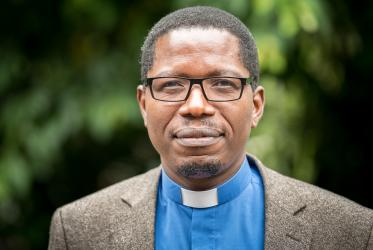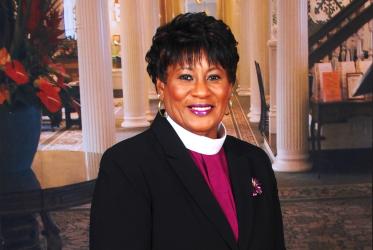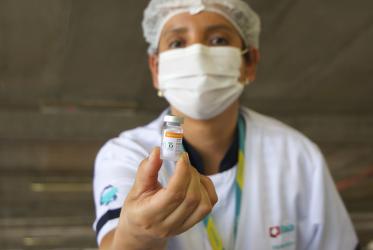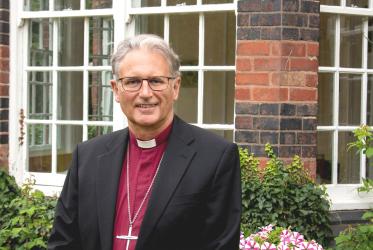Displaying 1 - 19 of 19
Pandemic and pedagogy: what are the valuable lessons?
21 December 2022
Gracia Ross: “Responding to HIV is a moral obligation”
27 September 2022
Promoting human dignity through art
06 September 2022
WCC answers your questions about vaccines
26 April 2021
“Coventry Cathedral continues to speak a word of hope to the world”
10 December 2020

